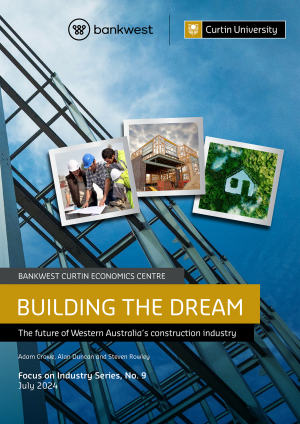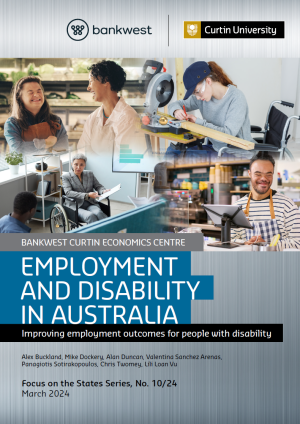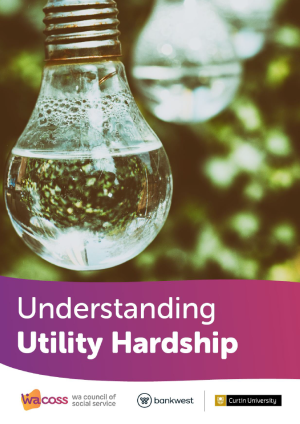Understanding utility hardship
Access to energy and water is essential for people’s health, wellbeing and security, and to meet all of their basic needs.
This is recognised in the United Nations Development, 2030 Agenda for Sustainable which sets out the goals of ensuring universal access to affordable, reliable, sustainable and modern energy and the availability and sustainable management of water and sanitation for all.
Providing this access can be challenging, and Western Australia presents particular issues for authorities to overcome.
Western Australia’s sheer geographic size, the isolation of its electricity network, and the need to manage scarce water resources are just some of the complications impacting affordability and accessibility.
There are many Western Australian households for whom utility hardship is a lived reality and significant concern.
This report seeks to extend our understanding of the factors and pathways that lead to financial stress and utility hardship.
It examines patterns and trends for different groups of households to better identify the risk factors and early signs of hardship, appropriate support to vulnerable consumers and whether current safeguards are providing key factors that contribute to effective hardship policy and practice.
It then outlines solutions that reduce hardship and avoid debt.




